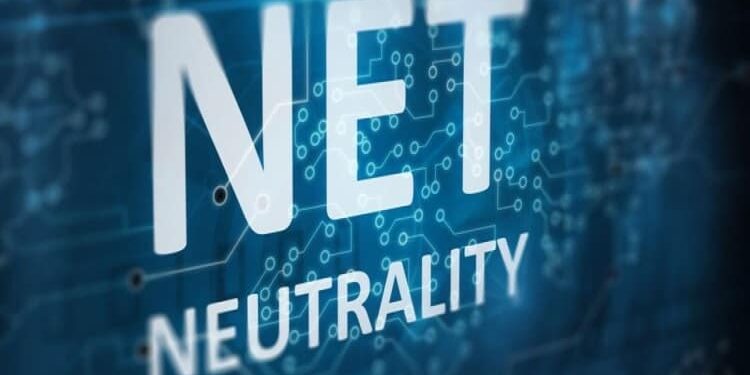Net neutrality is the idea that internet service providers should treat all content flowing through their cables and cell towers equally. That means they shouldn’t be able to slide some data into fast lanes while blocking or otherwise discriminating against other material.
Features of Net Neutrality
- Net neutrality advocates have long argued that keeping the internet an open playing field is crucial for innovation.
- If broadband providers pick favorites online, new companies and technologies might never have the chance to grow.
- A broadband provider might, for example, allow some companies to pay for priority treatment on broadband networks. The fear is that, over time, companies and organizations that either can’t afford priority treatment, or simply aren’t offered access to it, will fall by the wayside.
- Proponents of net neutrality include human rights organizations, consumer rights advocates and software companies, who believe that open internet is critical for the democratic exchange of ideas and free speech, fair business competition, and technological innovation.
Net Neutrality in India
- The Telecom Regulatory Authority of India (TRAI) has suggested the setting up of a multi-stakeholder body (MSB) to ensure that internet service providers in the country adhere to the principles of net neutrality.
- The MSB should be a forum which would contain representatives and stakeholders from all telecom and internet service providers, content providers, researchers from the academic and technical community, as well as the government.
- An MSB such constituted, shall assist the Department of Telecommunications (DoT) in monitoring, and proposing technical standards and methodologies for the best practices to be adopted for traffic management practices.
















